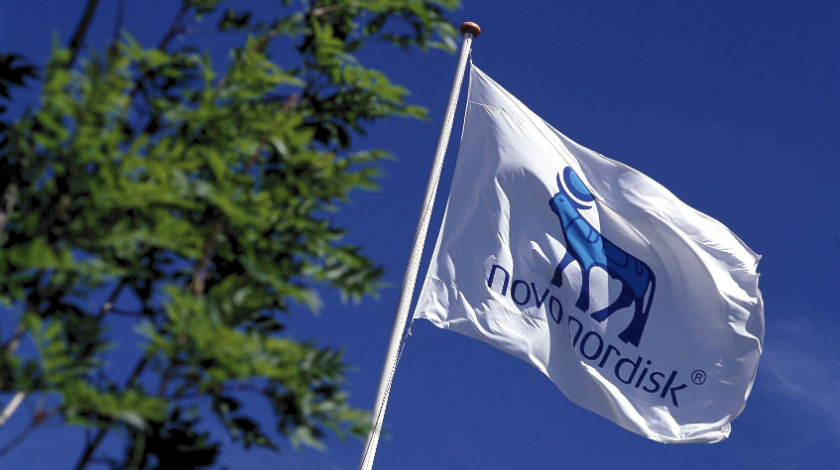Novo Nordisk suspended from ABPI after code breach

Novo Nordisk’s UK unit has been suspended as a member of the Association of the British Pharmaceutical Industry (ABPI) for two years due to what was described as “serious breaches” of the trade organisation’s code of practice.
This is only the eighth time in 40 years that a company has been suspended from membership of the ABPI as a consequence of a code breach, said the group in a statement this morning. The transgression – no fewer than seven in number – included breaches of Clause 2 of the code, which deals with actions “likely to bring discredit on, or reduce confidence in, the pharmaceutical industry”.
The ABPI code sets out requirements for the “responsible, ethical, and professional” promotion of prescription medicines. The last company to be barred from the body was Astellas UK, which received a one-year suspension back in 2016 that was extended by a year in 2017 after failing to make sufficient improvements.
The embarrassing result of the investigation into the breaches by the Prescription Medicines Code of Practice Authority (PMCPA) follows a decision by Novo Nordisk’s UK general manager, Pinder Sahota, to step down as president of the ABPI in order to distance himself from the probe.
Sahota will be formally replaced by Pfizer UK's president, Susan Rienow – who had been standing in for the time being – in May.
In addition to the ban, Novo Nordisk will also have to be audited by the PMCPA later in 2023 and early 2024 to provide evidence that it has been able to show “a rapid return to industry compliance standards,” according to the ABPI. Otherwise, its suspension could be extended further.
In a move that reflects the seriousness of the transgressions, the ABPI has also insisted that Novo Nordisk submit a quarterly update to the trade body’s board, to gauge the progress being made in its improvement plan.
The case extends back to a 2022 reprimand delivered by the PMCPA, which focused on sponsored courses that were offered via the LinkedIn social media platform, specifically one covering the topic of obesity. Social media is increasingly becoming a source of breaches of the ABPI code, which was recently updated with new guidance to take this into account.
The post – which was drawn to the attention of the PMCPA by a “concerned UK health professional” - contained an image of what appeared to be an overweight female and offered a free webinar to help health professionals set up weight management programmes.
The complainant alleged that it was a Novo Nordisk sponsored free weight management course, which meant that the meeting took place on behalf of the company and was effectively covert promotion of its GLP-1-targeting weight-loss drug Saxenda (liraglutide), at the time the only drug in the class available.
The PMCPA concurred, saying that it was “very concerned that Novo Nordisk did not recognise that this was a large-scale Saxenda promotional campaign, which Novo Nordisk knowingly paid for and which was disguised.”
Commenting on the outcome, Rienow said the ABPI board “expressed significant concern about Novo Nordisk’s compliance activities and the very serious issues identified” before opting to suspend its membership.
“Such measures are never taken lightly, but will ensure a rapid return to industry compliance standards as set out in the ABPI Code of Practice,” she added.













